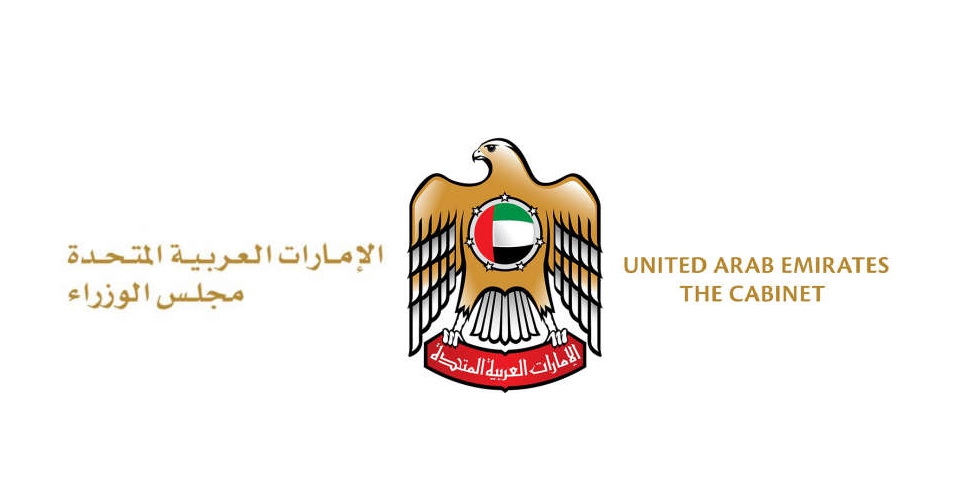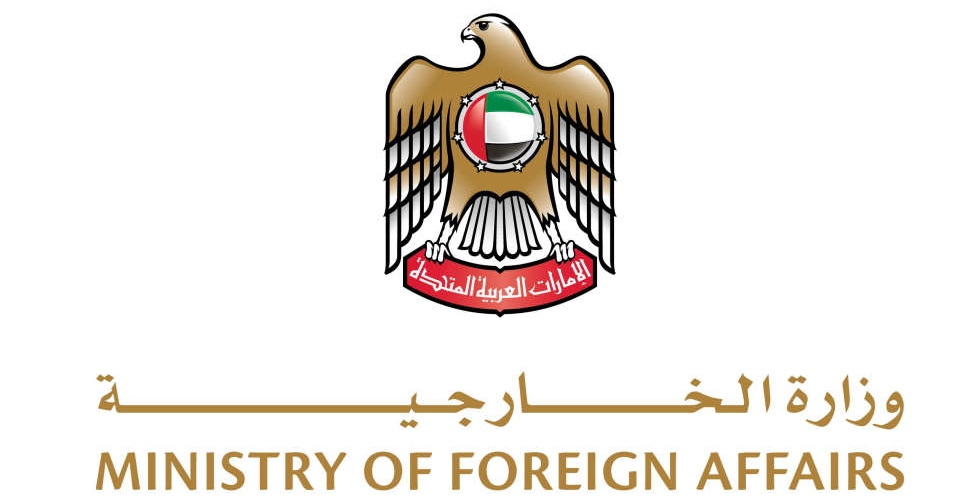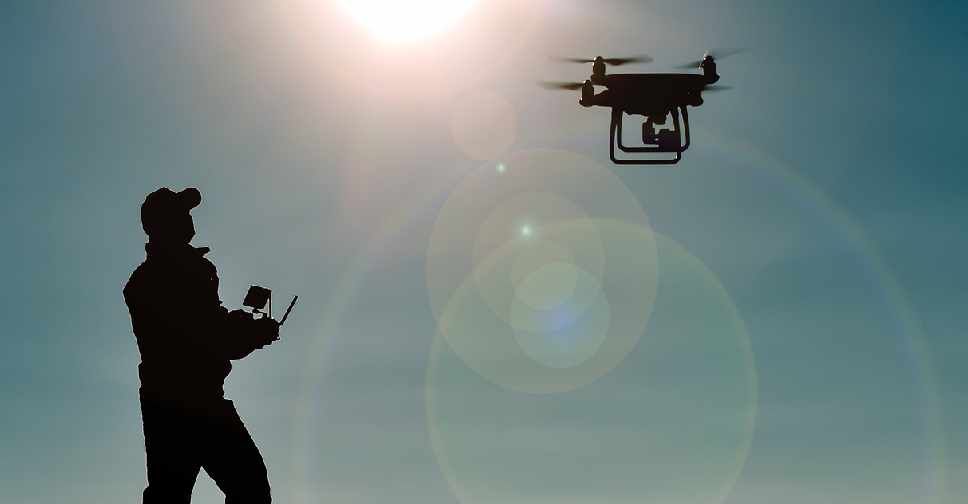
Mercedes-Benz will start selling a fuel-cell electric version of its GLC sport utility vehicle next year, an effort to broaden the appeal of the technology with the first publicly available battery that can be charged both with hydrogen and at a wall socket. Able to drive about 500 kilometers (310 miles) before recharging, the car is part of Daimler AG’s 7 billion euro ($7.9 billion) spending effort on green technology through next year. The GLC F-Cell’s plug-in option gives the car enough charge to drive 50 kilometers, potentially making it more attractive to buyers despite the existence of just 26 public hydrogen refueling stations in the U.S. “Daimler sees several different drive technologies coexisting in the future,” Thomas Weber, the carmaker’s head of development, said in a statement. “We have a broad portfolio of vehicles from compact cars to heavy trucks that require us to think holistically.” Carmakers are pouring money into electric vehicles as emissions regulations tighten around the world and cities increasingly restrict access for high-polluting cars. The Volkswagen AG diesel-emissions cheating scandal and early success of Tesla Motor Corp.’s electric Model 3 have also shaken the industry’s confidence in traditional combustion engines. Fast Refueling Daimler first offered a fuel-cell vehicle in 2010, when it started selling a small number of B-Class F-Cell compact cars. The technology is attractive because of fast refueling times similar to gasoline or diesel engines and driving ranges of several hundred kilometers. Still, carmakers have struggled to establish the technology in the mass market because handling hydrogen is challenging and building the charging infrastructure is costly. Volkswagen and BMW AG don’t sell fuel-cell cars, though BMW said in March it’s testing a vehicle with a 700-kilometer range and plans to offer the technology in about a decade. In Japan, where the government offers generous incentives, fuel-cell cars are also far from mainstream, with about 40,000 hydrogen-powered vehicles expected on the road by 2020. Honda Motor Co. started sales of its Clarity Fuel Cell sedan in Japan this year, while Toyota Motor Corp. offers the Mirai sedan and Hyundai Motor Co. the Tucson Fuel Cell crossover. Electric Concept Alongside its fuel-cell effort, Daimler said it will keep introducing plug-in hybrid versions across its model range and will unveil a concept version of a battery-electric car at this year’s Paris motor show. Unlike Daimler’s previous efforts, the vehicle will have its own distinct design instead of simply being a version of an existing gas-powered car. It’ll enter production this decade with a 500-kilometer driving range, Daimler said, more than twice that of the existing electric version of the Mercedes B-Class. The pressure to invest in a range of new technologies despite low sales of hybrid and electric cars means carmakers will probably collaborate more with each other to reduce the cost, said Christian Mohrdieck, who heads Daimler’s fuel cell development. “We’ll probably see more cooperation,” Mohrdieck said. “There’s the advantage to save costs and also bundle volumes.” By Elisabeth Behrmann/Bloomberg
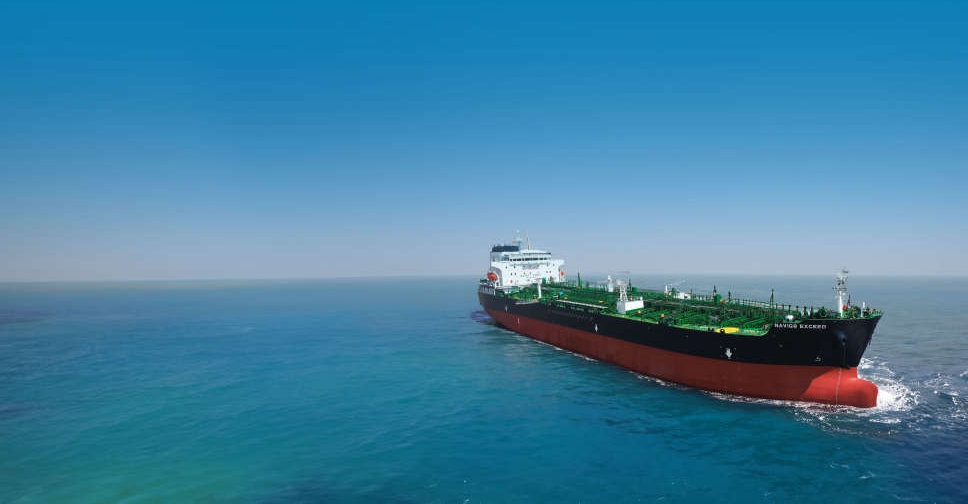 ADNOC L&S completes acquisition of 80% stake in Navig8
ADNOC L&S completes acquisition of 80% stake in Navig8
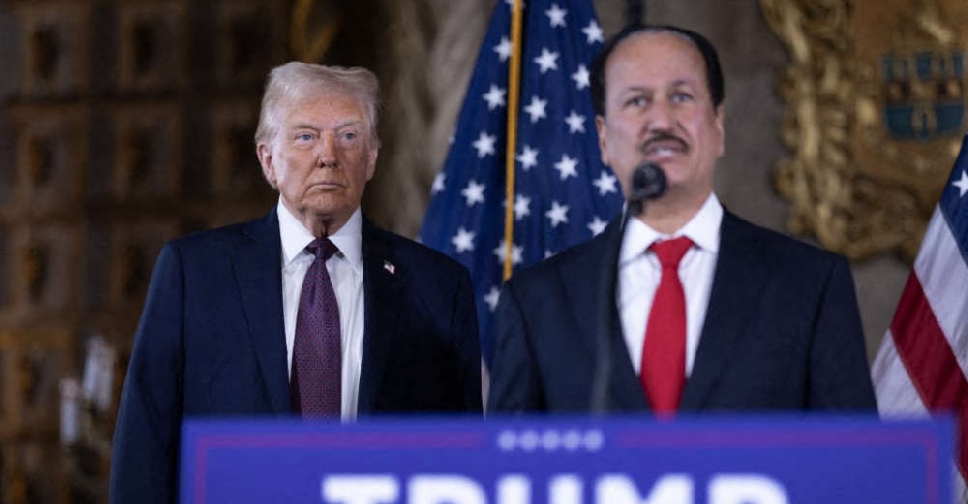 Donald Trump announces $20 billion Damac US investment
Donald Trump announces $20 billion Damac US investment
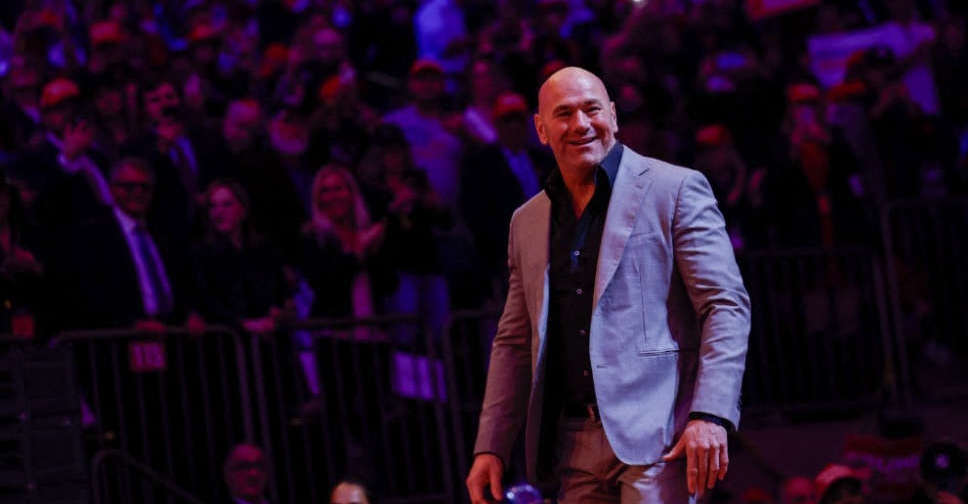 Meta elects UFC CEO Dana White, two others to board
Meta elects UFC CEO Dana White, two others to board
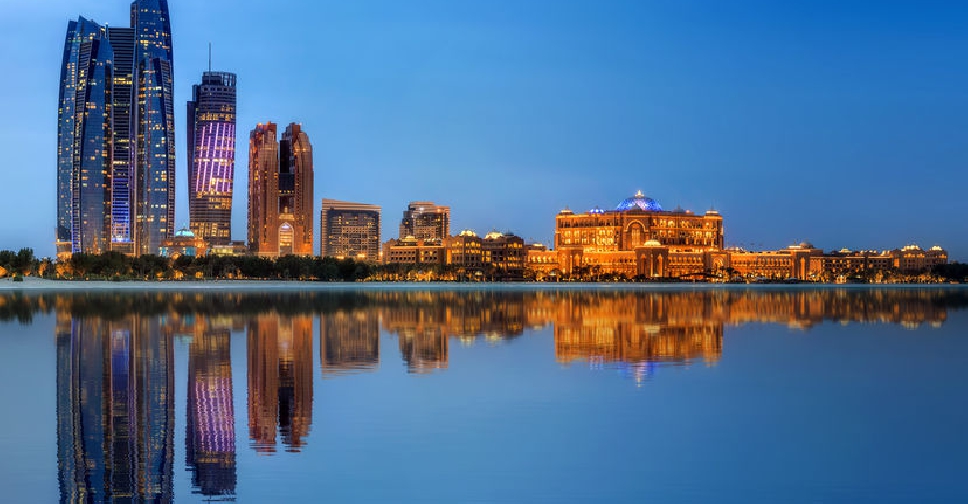 Abu Dhabi launches new Registration and Licensing Authority
Abu Dhabi launches new Registration and Licensing Authority
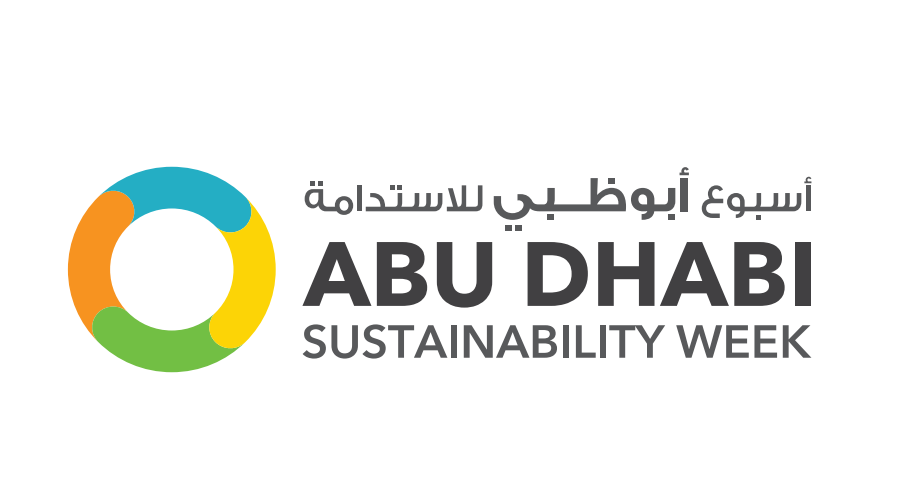 Abu Dhabi Sustainability Week to kick off on January 12
Abu Dhabi Sustainability Week to kick off on January 12
